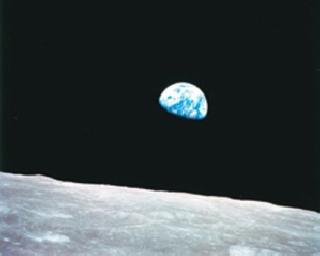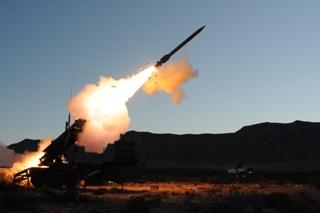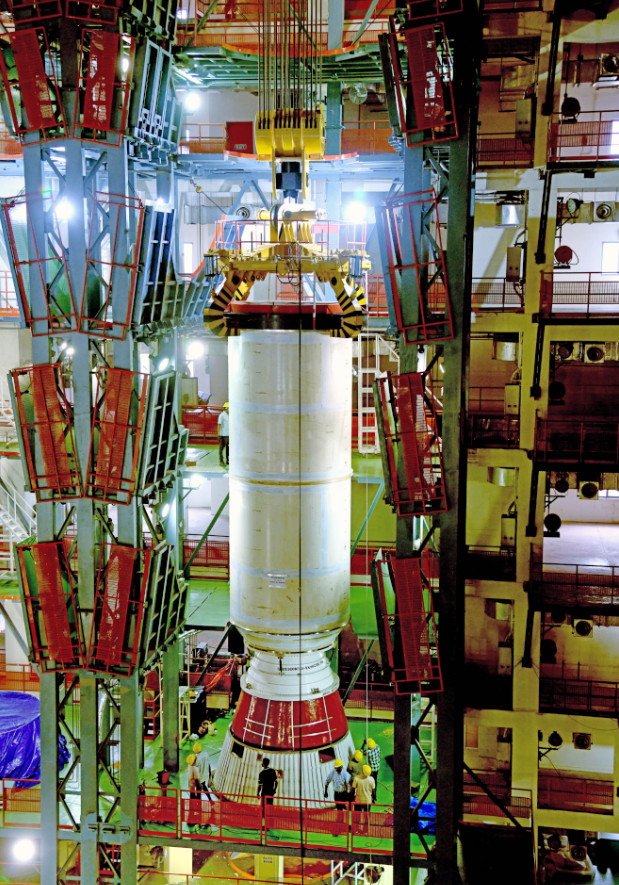
LONDON (PTI): Earth was too hot for anything to survive for a period of five-million-years after the worst mass extinction in the history of the planet, scientists claim.
Experts have long been puzzled by the 'broken world' scenario that followed the Permian-Triassic mass extinction 250-million-years ago.
Up to 96 per cent of all marine species and 70 per cent of land-dwelling vertebrates were wiped out by the event, thought to have been caused by a combination of climate change and volcanic activity, the 'Daily Mail' reported.
Typically it takes tens of thousands of years for new species to appear after a mass extinction.
However, in the case of the Permian-Triassic event, this 'dead zone' lasted an extraordinary five-million-years.
Temperatures in the tropics rose to lethal levels, soaring to 60 degree Celsius on land and 40 degree Celsius in the sea, and prevented life re-emerging.
"Global warming has long been linked to the end-Permian mass extinction, but this study is the first to show extreme temperatures kept life from restarting in equatorial latitudes for millions of years," said lead researcher Yadong Sun, from the University of Leeds.
During the long heatwave no forests grew in the tropics, shrubs and ferns, and shellfish were the only marine creatures in the oceans.
Virtually no land animals existed because their metabolisms would not have withstood such high temperatures.
Only the Polar Regions offered a habitable refuge from the baking heat.
A breakdown in global carbon cycling was responsible for the hothouse conditions, the report said.
Scientists collected data from 15,000 conodonts - tiny teeth from extinct eel-like fishes - from rocks in southern China.
After studying oxygen atoms in the conodonts, they were able to calculate temperature levels many millions of years ago.
"Nobody has ever dared say that past climates attained these levels of heat," Professor Paul Wignall, from the University of Leeds School of Earth and the Environment, said.
The study findings are published in the journal Science.
 Previous Article
Previous Article Next Article
Next Article











The Indian Air Force, in its flight trials evaluation report submitted before the Defence Ministry l..
view articleAn insight into the Medium Multi-Role Combat Aircraft competition...
view articleSky enthusiasts can now spot the International Space Station (ISS) commanded by Indian-American astr..
view article